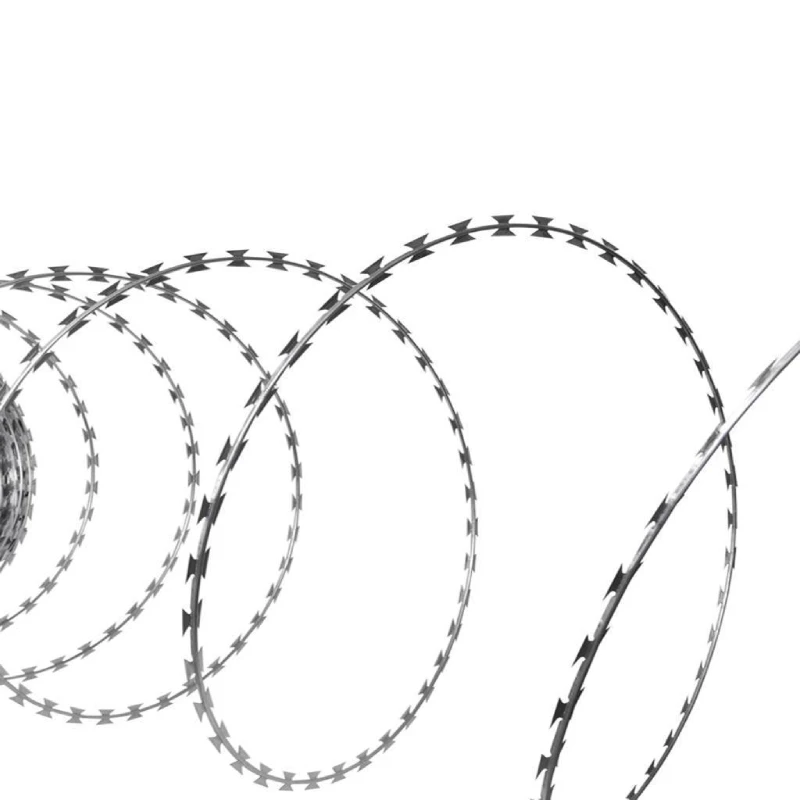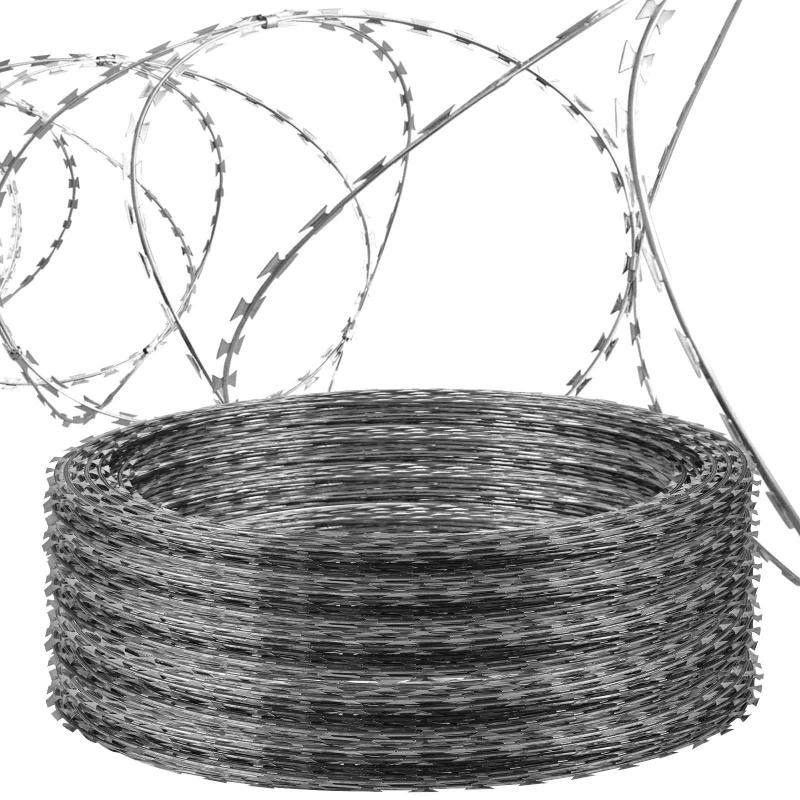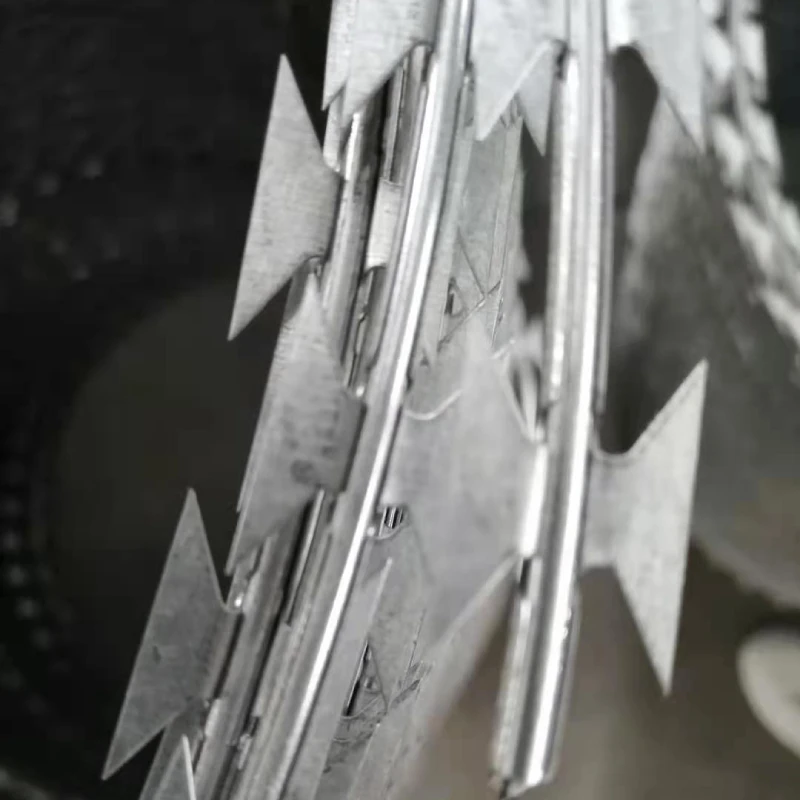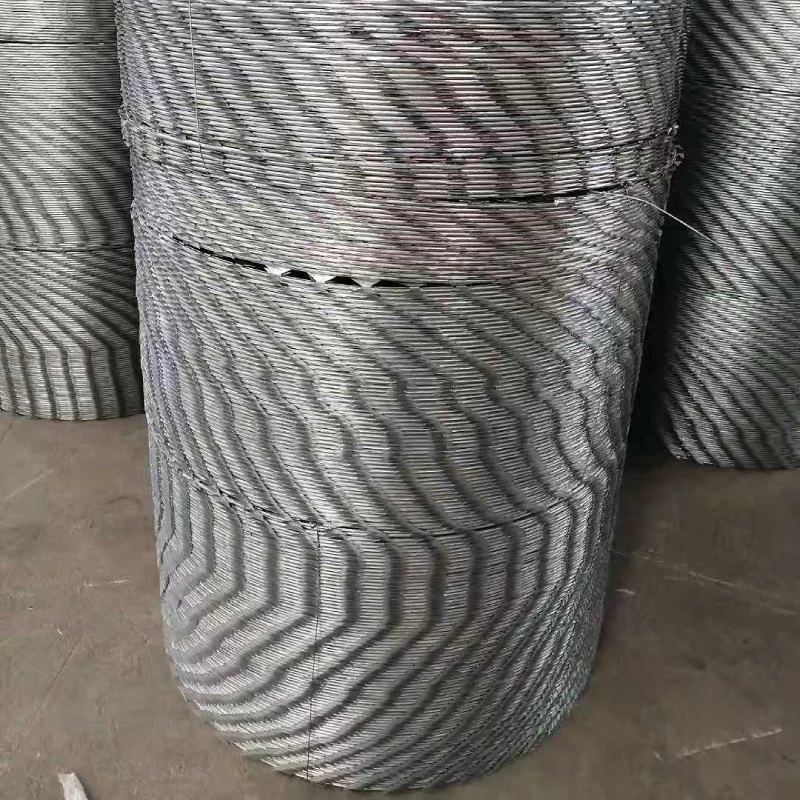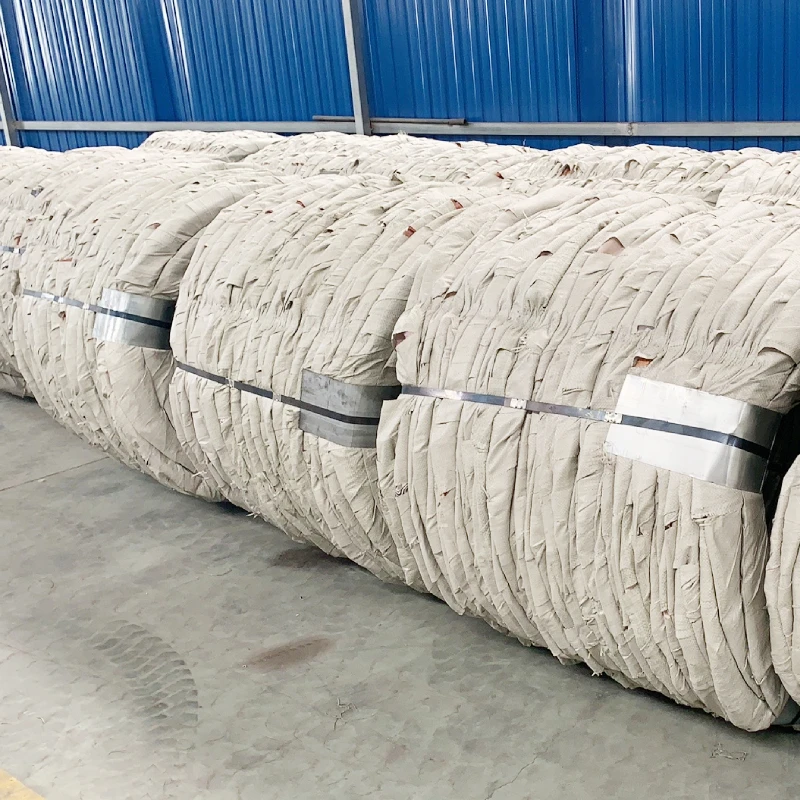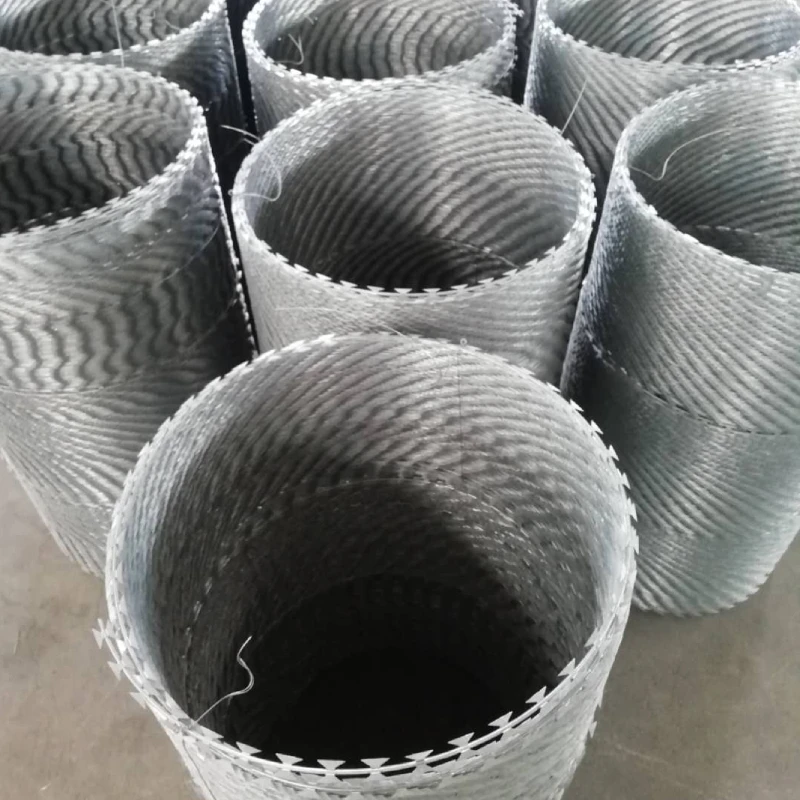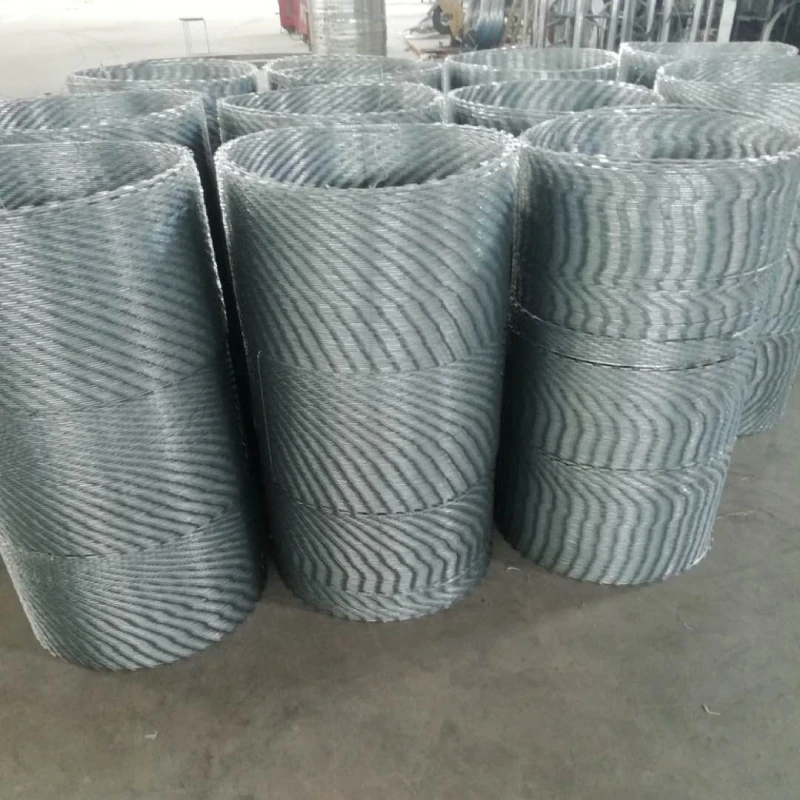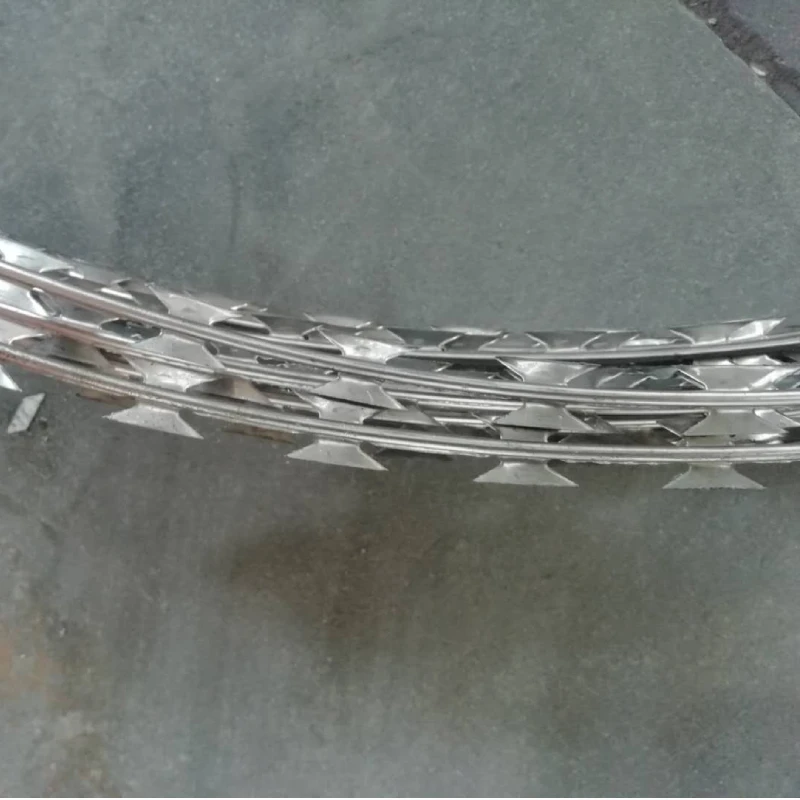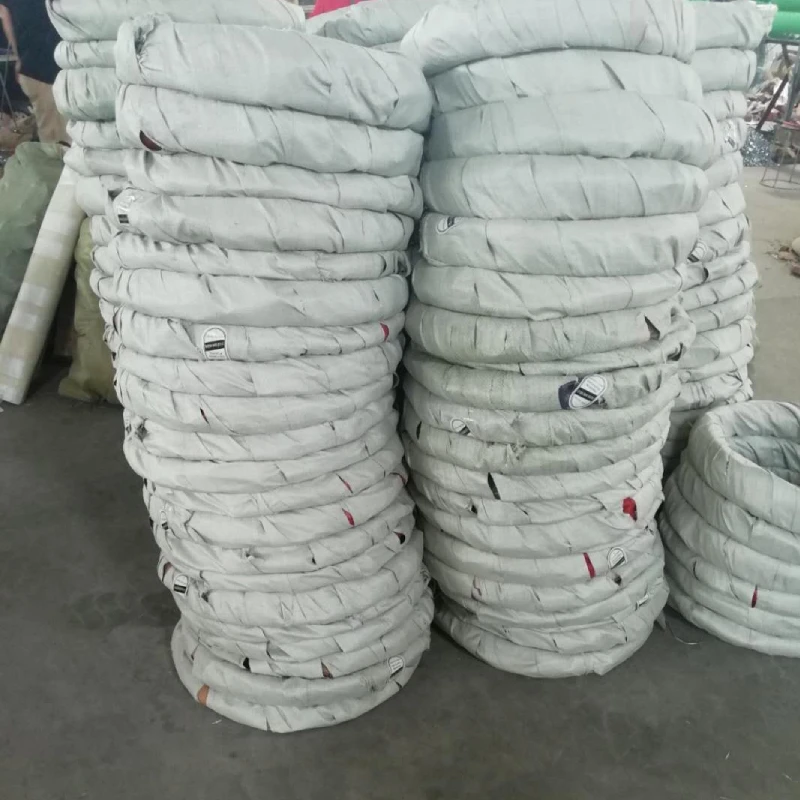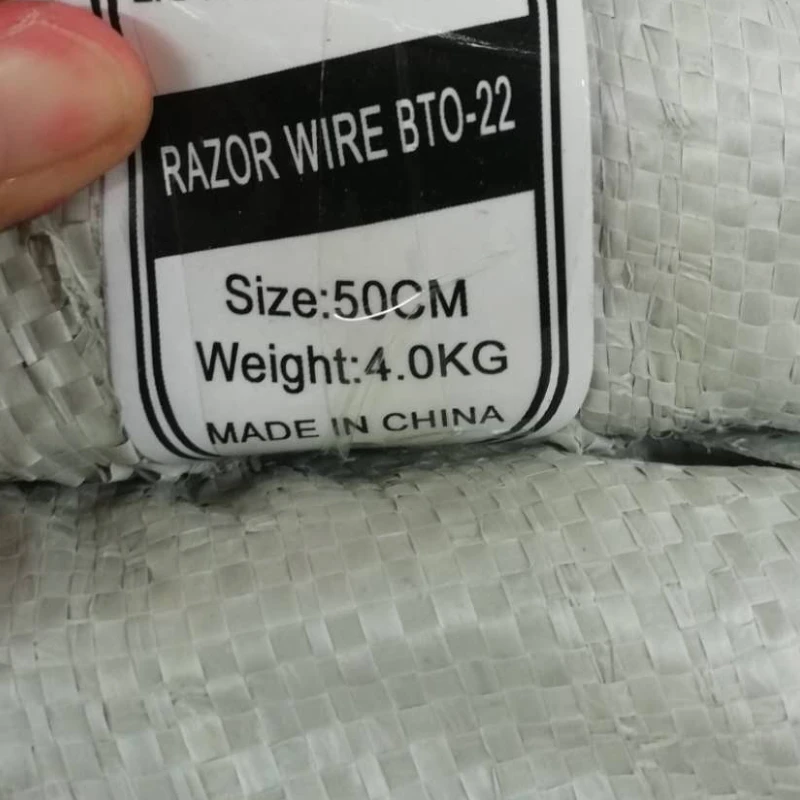Stainless Steel Coils: Types, Uses, and How to Source from China
Stainless steel coils are essential raw materials in various industries, known for their durability, corrosion resistance, and versatility. Whether you're in construction, automotive, or manufacturing, understanding the different types and applications of these coils can help you make informed purchasing decisions.
How to Find Reliable Stainless Steel Coils from China in 2025
China remains a top supplier of stainless steel coils, offering competitive pricing and a wide range of options. To find reliable suppliers:
- Check certifications like ISO 9001 and SGS reports.
- Review supplier history and customer feedback on platforms like Alibaba.
- Request samples to test quality before bulk orders.
- Verify production capacity to ensure timely delivery.
What Buyers Should Know Before Buying Stainless Steel Coils from China
Before placing an order, consider:
- Material grade: Ensure it meets your project requirements (e.g., 304, 316).
- Surface finish: Options include 2B, BA, or No. 4 finish.
- Thickness and width: Confirm specifications to avoid compatibility issues.
- Packaging: Proper packaging prevents damage during transit.
Types of Stainless Steel Coils
Common types include:
- 304 stainless steel coils: Ideal for general-purpose use.
- 316 stainless steel coils: Offers superior corrosion resistance, suitable for marine environments.
- 430 stainless steel coils: Cost-effective for less demanding applications.
- Duplex stainless steel coils: Combines strength and corrosion resistance.
Functions and Features of Stainless Steel Coils
Key features:
- Corrosion resistance: Ideal for harsh environments.
- High strength-to-weight ratio: Reduces material costs.
- Hygienic properties: Suitable for food and medical industries.
- Recyclability: Environmentally friendly.
Scenarios of Stainless Steel Coils
Applications include:
- Construction: Roofing, cladding, and structural components.
- Automotive: Exhaust systems and trim.
- Kitchenware: Sinks, countertops, and appliances.
- Industrial equipment: Tanks, pipes, and machinery parts.
How to Choose Stainless Steel Coils
Consider:
- Application requirements: Match the grade to your needs.
- Budget: Balance cost with quality.
- Supplier reputation: Opt for trusted manufacturers.
- Lead time: Ensure timely delivery for project deadlines.
Stainless Steel Coils Q & A
Q: What is the difference between 304 and 316 stainless steel coils?
A: 316 contains molybdenum, enhancing corrosion resistance, especially in saline environments.
Q: How do I prevent rust on stainless steel coils?
A: Regular cleaning and avoiding chloride exposure can prevent rust.
Q: Can stainless steel coils be welded?
A: Yes, but the grade affects weldability. 304 is easier to weld than 430.
Q: What is the typical lead time for orders from China?
A: Usually 15-30 days, depending on quantity and customization.
Q: Are there eco-friendly options for stainless steel coils?
A: Yes, recycled stainless steel coils are available and equally durable.









